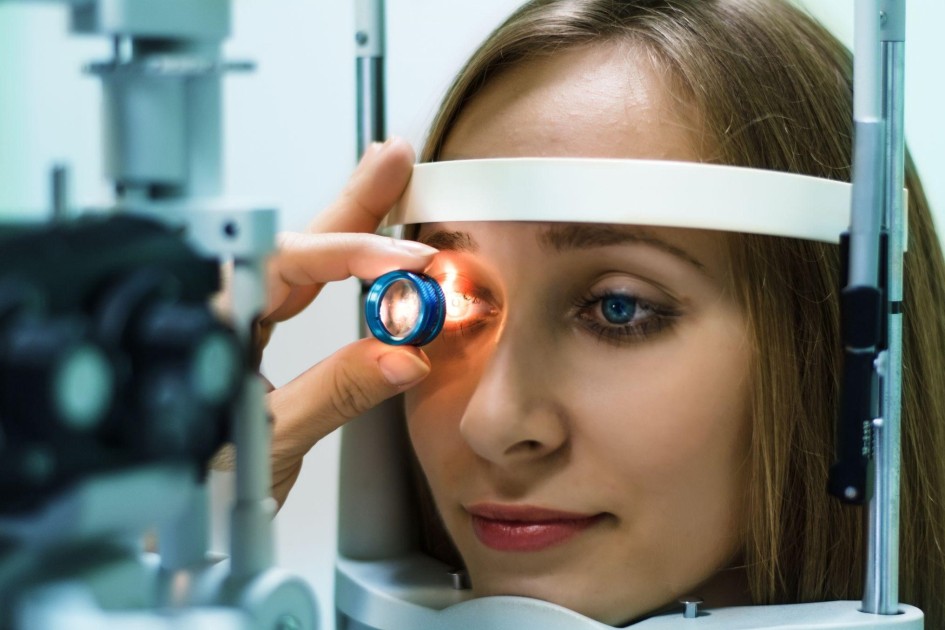
What is Trichiasis?
Have you ever heard of trichiasis? If no, you’re not alone. It's a condition affecting eyelashes, which can cause a number of symptoms, like eye irritation, redness and even vision loss. It is thought to affect approximately 10 million people worldwide. Below, we'll take a look at what trichiasis is, its causes, treatment options and prevention methods.
What is trichiasis?
Trichiasis is an eye condition in which the eyelashes grow inward, toward the eyeball. This can occur due to infection, injury or genetic factors. If left untreated, trichiasis can lead to serious eye problems, including corneal ulcers and blindness. Trichiasis can be a debilitating condition, but, with proper treatment, it is often possible to restore normal vision and protect the eyes from further damage.
Symptoms
Since trichiasis causes the eyelashes to change direction and grow the wrong way, it generally brings discomfort and irritation to the eye. Other common symptoms include:
- Constant eye irritation
- Eye pain, redness and/or irritation
- Excessive or abnormal tearing
- Extreme light sensitivity
Causes
There are several potential causes of trichiasis. Genetic factors are some of the more common, but trauma to the eyelid or chronic inflammation can also lead to its development. Other causes include:
- Chronic blepharitis
- Trauma
- Previous surgery
- Chemical burns
- Infection
- Ocular cicatricial pemphigoid
- Stevens-Johnson syndrome
- Distichiasis
Treatments
Treatment plans depends on the extent of the trichiasis and type of lashes affecting the eye. It typically involves the use of prescription eye drops or carefully removing the affected eyelashes. In some cases, this may need to be done on a regular basis. In more severe cases, surgery may be necessary to correct the problem. There are two common surgical approaches to treatment— intermarginal split lamella with graft (ISLG) or lid lamella resection (LLR). A comparative study by Ferraz et al. showed that LLR had higher complete success rates, fewer repeat surgeries and was a simpler technique for doctors to perform.
Other non-traditional treatment options still being tested include:
- Cryosurgery
- Buccal membrane grafting
- Electrolysis
- Laser ablation
Prevention
There is no defined way to prevent trichiasis. The best thing you can do is keep your eyes as healthy as possible and treat any issues with seriousness.
Tips for keeping your eyes healthy
Our eyes are one of our most important assets, and it is imperative to take care of them. Here are five tips for keeping your eyes healthy:
- Get regular eye exams– This is especially critical as you age, since your risk of developing eye problems increases over time. An eye exam can catch problems before they cause vision loss.
- Eat a healthy diet– Eating foods rich in vitamins and minerals helps keep your eyes healthy. Leafy green vegetables, citrus fruits and fish are all good choices.
- Wear sunglasses– Ultraviolet light can damage your eyes, so it is important to protect them when outdoors. Wearing sunglasses helps filter harmful UV rays.
- Limit screen time– Spending too much time looking at screens can strain your eyes and lead to headaches and fatigue. If you must look at a screen for prolonged periods of time, take breaks every 20 minutes or so to rest your eyes. Eye drops can also help to relieve dryness and discomfort.
- If you smoke, quit– It’s well known that smoking is bad for your overall health; it can also lead to serious eye problems, including age-related macular degeneration and cataracts. If you smoke, quitting is one of the best things you can do for your eyes.
Be sure to consult your doctor before making any changes to your eye care or if you think you might be developing trichiasis.
Articles in this newsletter are meant to be informative, enlightening and helpful to you. While all information contained herein is meant to be completely factual, it is always subject to change. Articles are not intended to provide medical advice, diagnosis or treatment. Consult your doctor before starting any exercise program. Benefits may not be available in all membership levels. For more information, or to upgrade your membership, please call 800.387.9027.
